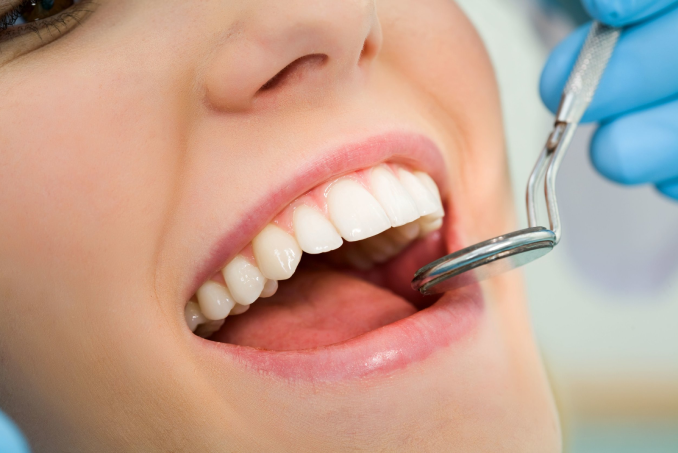Reasons Why Should Prefer An Oral And Maxillofacial Surgeon
Reasons Why Should Prefer An Oral And Maxillofacial Surgeon
Blog Article
Trusting almost any surgical treatment with a doctor you're not knowledgeable about can be a decision which should not to be taken lightly.
A verbal and maxillofacial surgeon can be a formally trained healthcare specialist. All dentists, whether or not they are general or specialists, spend eight years in undergraduate college and dental school earning a DDS or DMD degree. An oral and maxillofacial surgeon spends a different 4-6 many years of advanced training after dental school, in a hospital-based environment. Following dental school, oral surgeons accomplish a at least four years in hospital-based surgical residency programs, where they train alongside medical residents in internal medicine, general surgery, and anesthesiology, while hanging out in emergency medicine, benh vien rang ham mat sai gon, and otolaryngology. Their training focuses almost exclusively around the bone, skin and muscle of the face, mouth, and jaws. Additionally, some oral surgeons, have a medical degree (MD) along with their dental doctorate(DMD).
Once in practice, a verbal surgeon makes a specialty of performing surgical treatments. These procedures add the following: complicated teeth extractions, dental implant placement, repair of brittle bones in the jaws and face, removing cysts and tumors of the jaws, cosmetic and TMJ surgeries, soft tissue biopsies, jaw realignment surgery to improve bite discrepancies.
Some community-based oral surgeons may choose not to do the more difficult operations in her or her daily practice. However, its most likely any dental surgery procedure performed occasionally by the general dentist is conducted routinely by a verbal surgeon; this means statistically better patient outcomes. The link between a current survey published from the Journal of the Ada reveal that dental implant survival and success in oral and maxillofacial surgery practices are significantly above identical procedures performed by general dental practices.
Through extensive surgical training, oral surgeons may also be encountered with a wide range of complications which could arise from performing various dental surgical procedures. While an over-all dentist may suffer comfortable performing a dental surgery procedure for you, the identical dentist might not exactly feel at ease managing complications due to that procedure. An oral surgeon can be able to either avoid or manage the complications that arise from a surgery they performs.
Licensed dentists can select to complete any dental procedure with which they're comfortable. However, it's challenging for general dentists to remain feeling competent wonderful dental surgeries, most of which they've had only restricted experience of of their dental schooling. Reputable dentists will treat exactly the conditions which they feel comfortable and will refer you to a specialist for something more complicated.
Ultimately, your choice to determine an oral surgeon relies partially around the recommendation out of your general dentist but additionally in your confidence in understanding that you are seeing an individual who performs the procedure you need daily. By deciding on a residency trained oral and maxillofacial surgeon, you happen to be determining to see a person who has undergone a comprehensive specialty program and possesses years of experience performing the method you may need and expertise in treating potential complications that will arise.
CONDITIONS A verbal SURGEON SHOULD TREAT
Equally as you wouldn't ask your loved ones doctor to perform heart surgery, a number of procedures that ought to just be done by oral surgeons, who have extensive education, training, and surgical expertise.
Perform complex tooth extractions, including removing impacted teeth, like wisdom teeth.
Evaluate, plan a program of treatment and put dental implants to change a number of teeth.
Surgically reconstruct inadequate bone structure in the jaw area.
Treat accident victims that are suffering head or neck trauma in addition to injuries towards the face, jaws, mouth and/or teeth.
Treat patients with tumors and cysts of the jaws.
Diagnose and treat oral cancer as well as other diseases within the maxillofacial region.
Perform facial benh vien rang ham mat procedures to further improve facial appearance.
Diagnose and treat facial pain due to conditions like TMJ (temporomandibular joint disorder).
Diagnose and surgically treat obstructive sleep apnea.